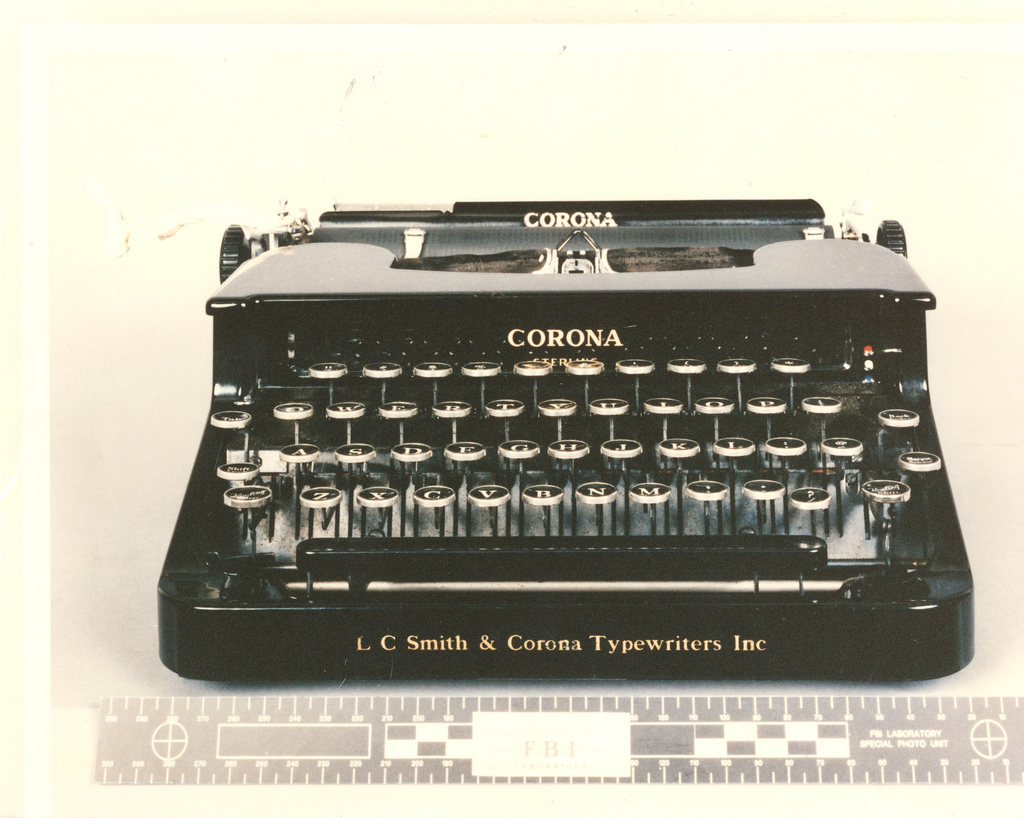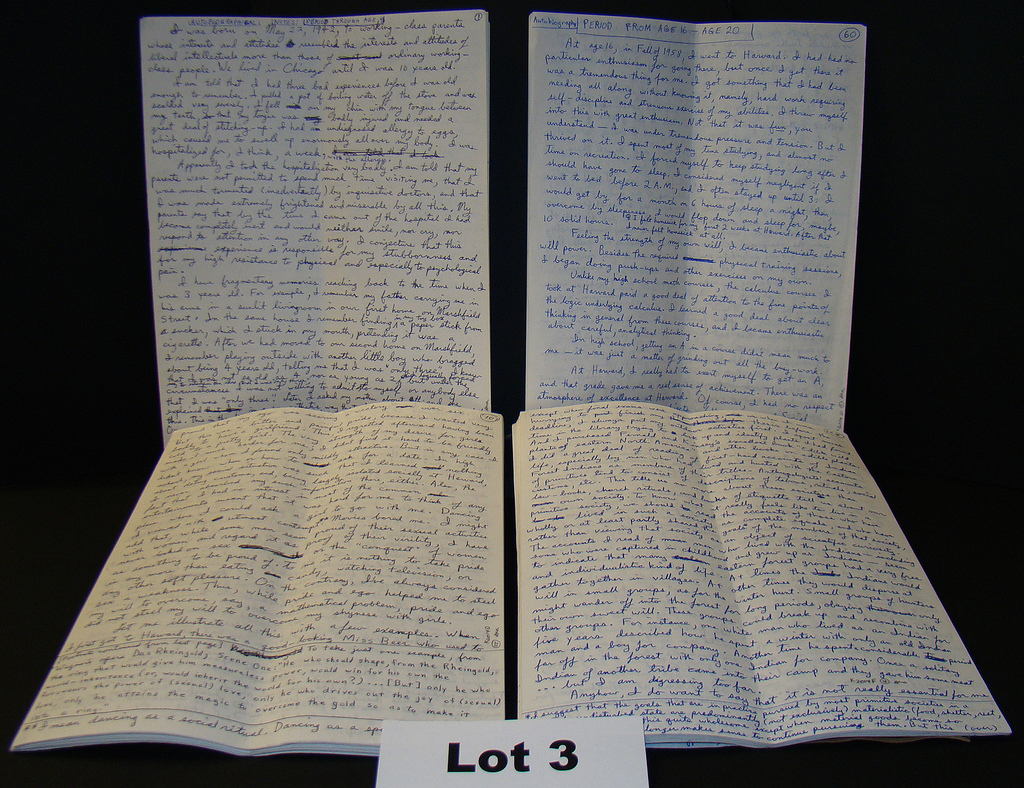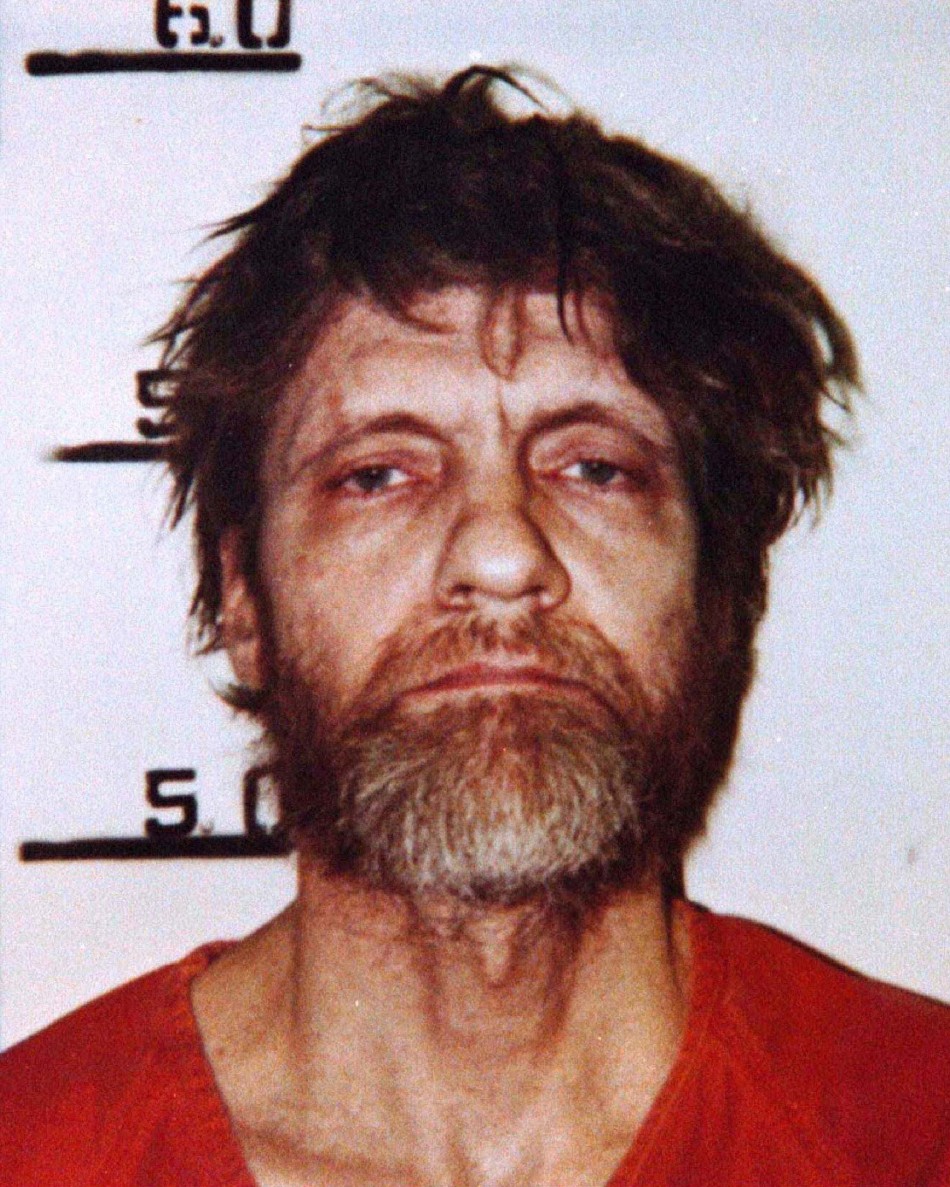The Role of Forensic Linguistic Analysis in the Unabomber Case and the Revolution It Created After
The Incarceration
On April 3, 1996, the F.B.I. stormed Kaczynski’s secluded cabin in Montana, finding numerous pieces of physical evidence that finally tied him to the bombs. Theodore J. Kaczynski was apprehended.

The Unabomber's cabin in Montana
IED Awareness, 2017.

The typewriter used to write the Unabomber's Manifesto
IED Awareness, 2017.

Some of the Unabomber's personal writings
IED Awareness, 2017.
Despite pleading with the Judge to allow him to defend his own case, Kaczynski was diagnosed with paranoid schizophrenia and was assigned lawyers who wanted him to claim insanity. To avoid this, he pleaded guilty to all crimes the Unabomber committed.
AP Archive, 2015

Unabomber mugshot,
IED Awareness, 2017.
Though forensic linguistics analysis was not the sole basis of incrimination in this case, as provided previously, it was instrumental in pinpointing a possible profile of the suspect.
"Do I feel that my actions are justified? To that I can give you only a qualified yes."
- Theodore Kaczynski, 1996.